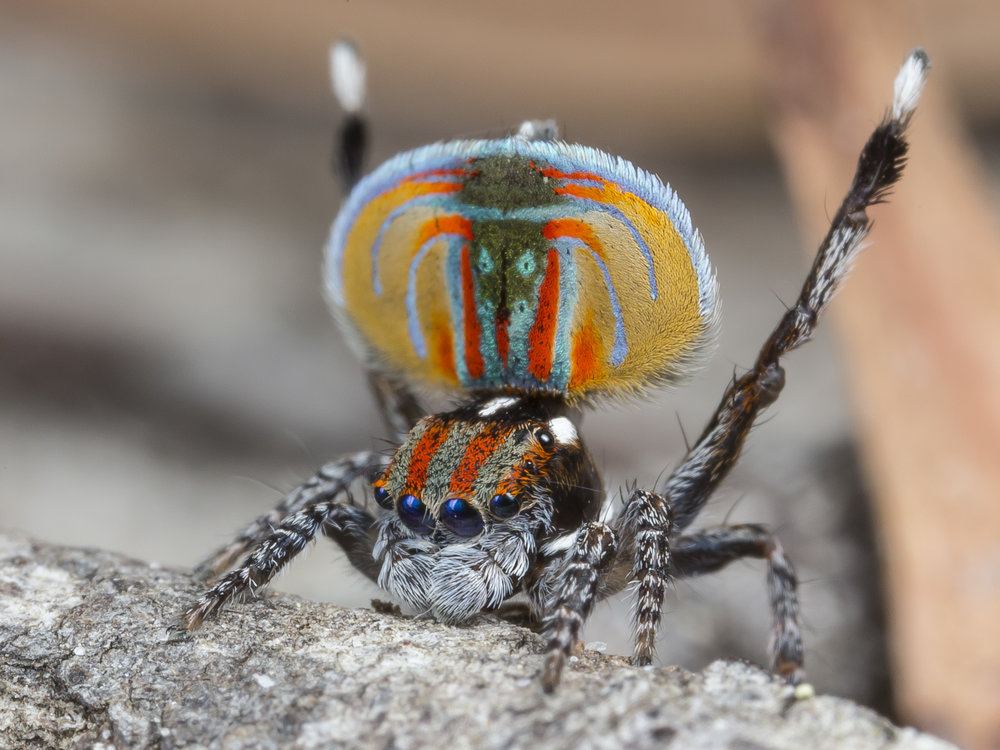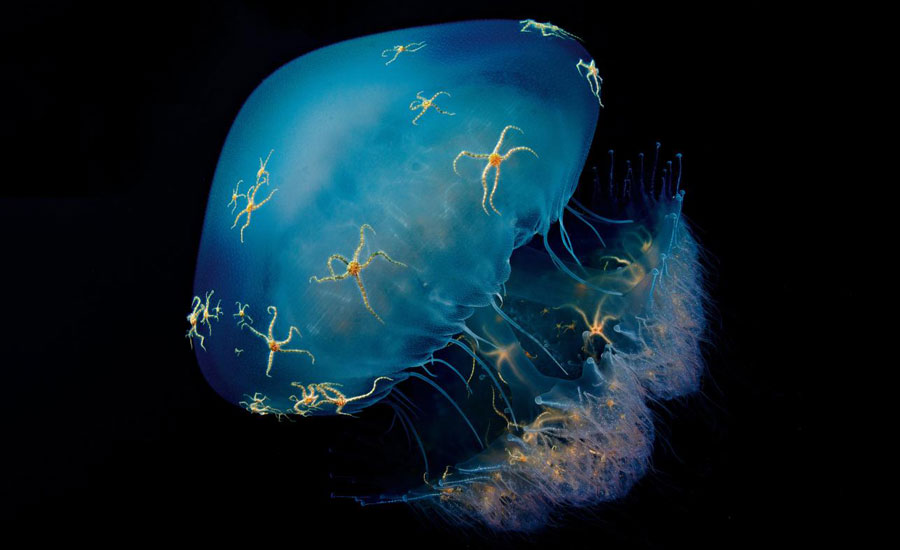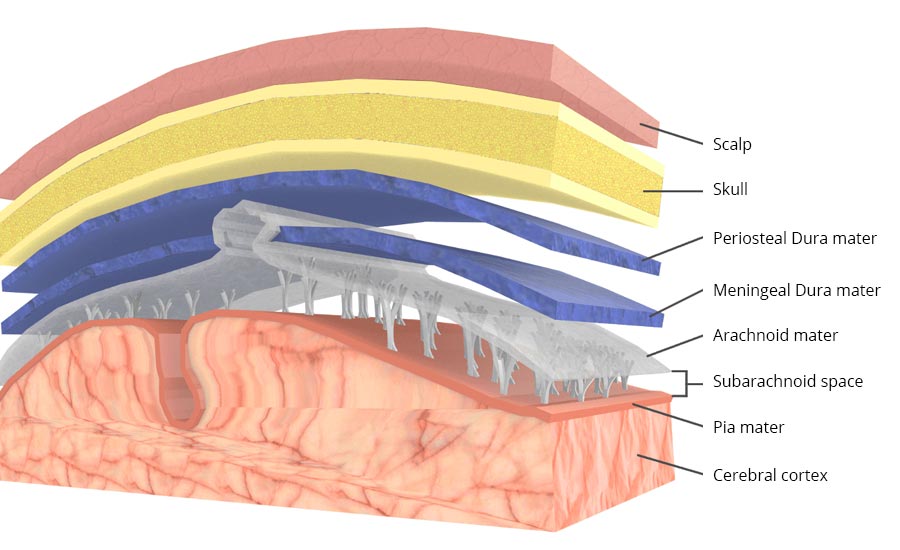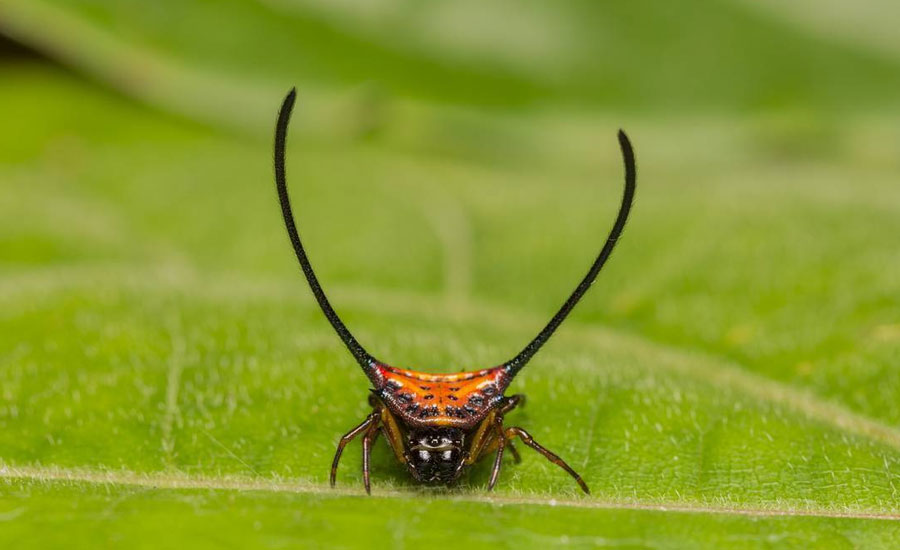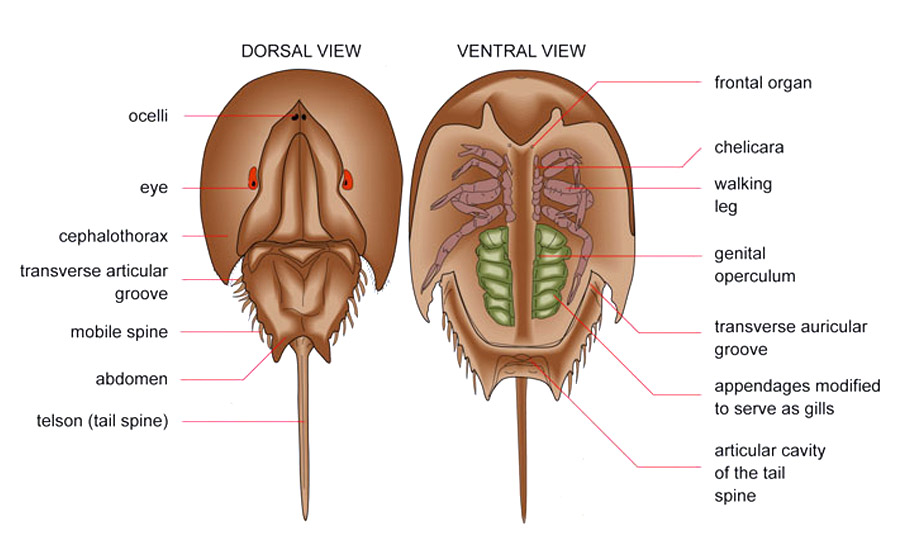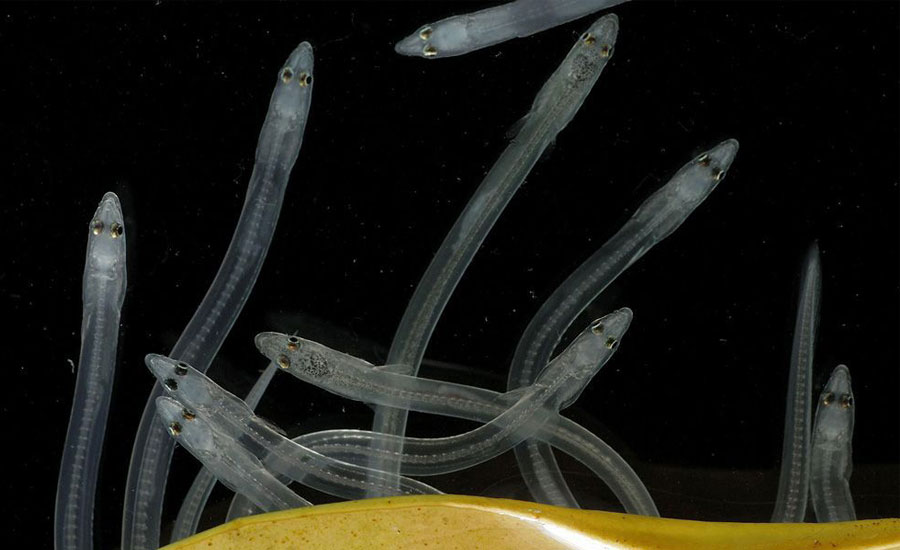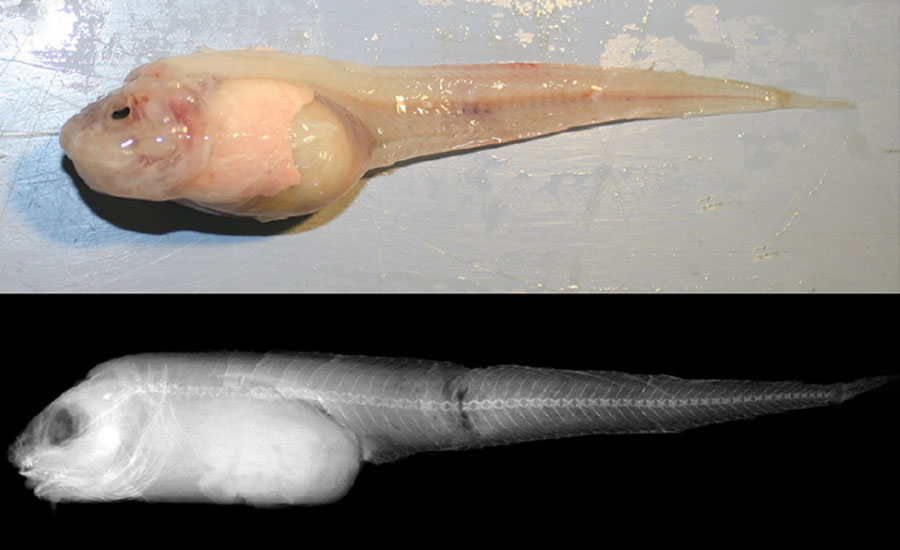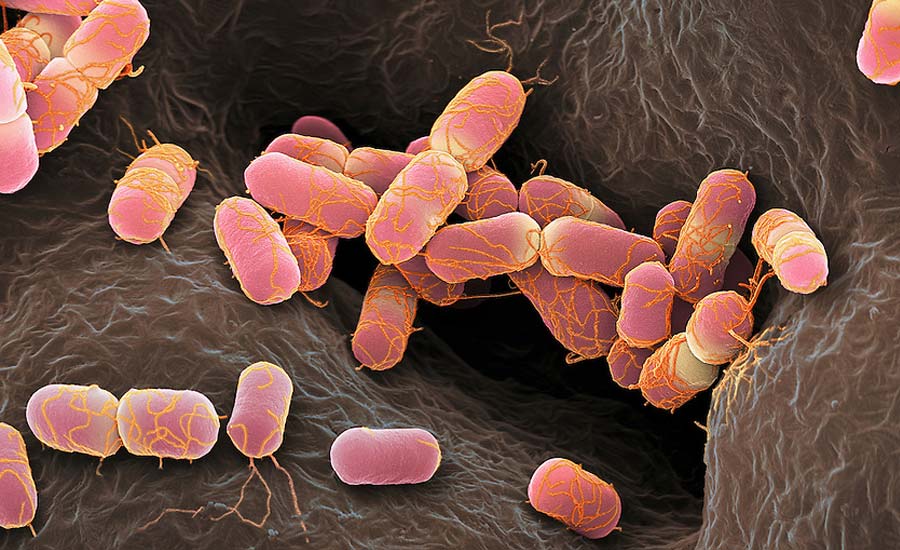QUICK INFO
Spider or a Peacock?
Maratus volans is a member of the group known as peacock spiders. Males of this species courts females by expanding a pair of...
Brittle stars stealing from Jelly fishes!
Occassionally, brittle stars are seen in the body of jelly fishes. Interesting fact is the food sources of brittle stars seems to be...
Meninges, the protector of brain
The function of the meninges is to cover and protect the brain. It also encloses and protects the vessels that supply the brain....
Long horned orb-weaver
The long horned orb-weaver, Macracantha arcuata, is also known as the curved spiny spider. It has two long spines extend from its sides....
Morphology of Limulus
Horseshoe crabs live primarily in and around shallow coastal waters on soft sandy or muddy bottoms. They occasionally come onto shore to mate. Horseshoe...
Anatomy of a Spider
A beautiful image showing the internal anatomy of a spider. A spider's body is divided into two regions, Prosoma, anterior part and Ophisthosoma,...
Glass eels, the transparent fishes
Flat and transparent larva of eels are called as Leptocephalus (slim head). Leptocephalus larva undergoes metamorphosis and enters a stage called as glass...
Swire’s Snailfish: Deepest fish in the world
Pseudoliparis swirei is the deepest-dwelling fish in the world. This small deep sea creature can withstand more water pressure than 1,600 elephants standing...
Escherichia coli bacteria
Escherichia coli (abbreviated as E. coli) are bacteria found in the environment, foods, and intestines of people and animals. It is a large...
